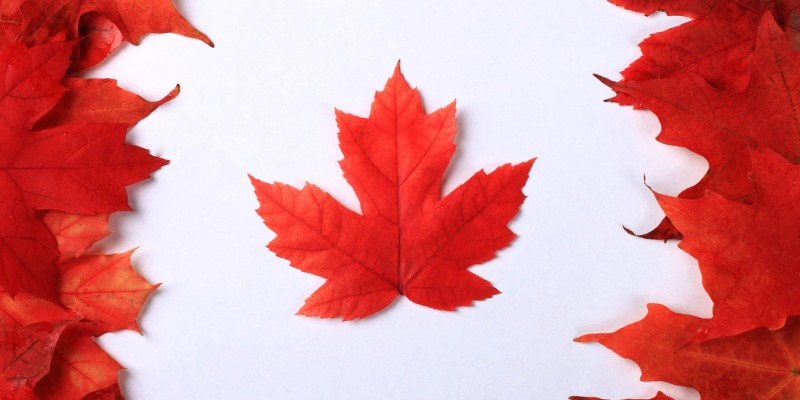The relative size of government in Canada is well beyond the “optimal” size for promoting productivity growth.
privatization
If Canadians ever needed proof that narrow politicking interferes with sensible consumer choice, they need look no further than the byzantine “reforms” on the sale of beer, wine and spirits proposed by Ontario, and one restrictive “reform” recently enacted in British Columbia.
Murray Smith, a former Alberta cabinet minister in the Ralph Klein government, the one that privatized government liquor stores and licence registries in 1993, once told me about a side benefit of such divestments (and I paraphrase): fewer distractions, which led to more focused government.
Its been two decades since the Alberta government exited the business of selling beer, wine and spirits to consumers.
Twenty years ago the Alberta government swiftly and boldly threw open Alberta's markets in beer, wine and spirits. The result has been a success story of intense competition, added convenience and thousands of new jobs.
Other provincial governments have never imitated the Alberta accomplishment. But that has much to do with local politics and mythmaking from vested interests, not facts.
The recent revelation from the Finance Ministrys probe into Crown corporations that found ever-more and ever-higher paid managers at ICBC has enraged British Columbians and especially consumers of auto insurance in this province.
It is of course entirely possible that ICBC, a government-owned monopoly, has too many managers and that theyre paid too much.
If youre a fan of lower prices, increased convenience, better product selection and improved customer service, you might want to keep the champagne on ice---at least when it comes to BCs liquor industry. Despite all the recent talk of the BC government privatizing the Liquor Distribution Branch [LDB], its not happening. Not even close. And that is unfortunate for regular British Columbians who enjoy a cold beer, a glass of wine or a sex on the beach every now and then.
Anyone who recently visited Alberta for the 100th anniversary of the Calgary Stampede might have noticed something unusual about the province: not a single government liquor store.
Alberta does have a plethora of private stores, unlike say, Ontario, where I once drove around Cambridge for what seemed forever to find any shop, government or private, to buy wine for a dinner with relatives.
If youre lucky, your politicians will one day imitate Alberta. To that end, heres how Albertas private sector model came about.

